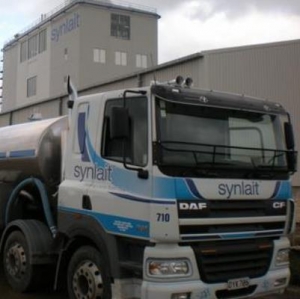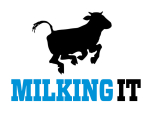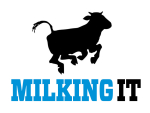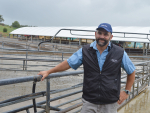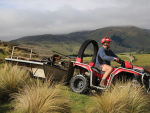Managing director John Penno says the response from customers about the performance of Synlait's lactoferrin in their product applications has been very positive.
"Our initial focus on its application in infant formula and over the counter nutraceutical products such as health tablets is paying off," he says.
"Globally, consumers are increasingly looking for nutritious and safe food that contributes to the long-term health and well-being of their families. Lactoferrin can help meet these needs."
Used in the manufacture of infant formula, health food and pharmaceutical products, the bioactive protein provides significant anti-inflammatory protection and other health benefits.
"It is an important step forward for the business. We have had interest for some time from customers looking to enhance the performance of lactoferrin as an ingredient in their infant formula products.
"By producing spray-dried lactoferrin, through a process which has been designed to protect its bio-activity and increase solubility, we are able to meet their needs," Penno says.
Following the upgrade of its Specialty Milks Dryer earlier this year, Synlait Milk became one of only two manufacturers world-wide with the capability to produce lactoferrin as a spray-dried powder.
Penno added that Synlait Milk is targeting 15 metric tonnes of spray dried lactoferrin sales in the current financial year.
The market for lactoferrin has grown from 45,000 kg's in 2001 to 185,000 kg's in 2012 and is projected to grow to 262,000 kg's in 2017.

